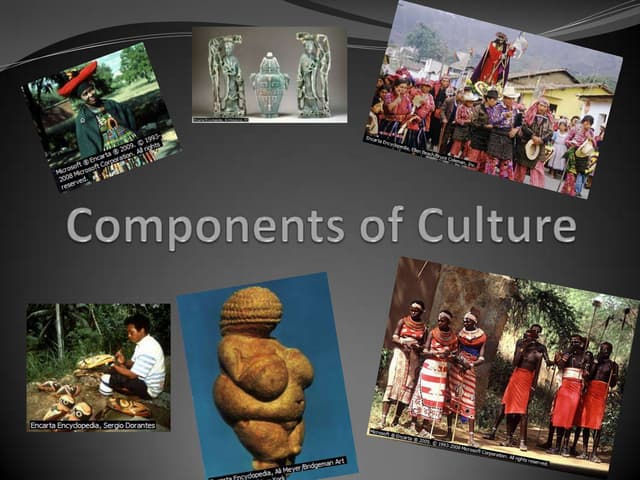iwillnotbebroken.org – Culture is a term that encompasses the social behavior, norms, knowledge, beliefs, arts, laws, customs, capabilities, and habits of the individuals in these groups. It is a central concept in anthropology, encompassing the range of phenomena that are transmitted through social learning in human societies.
The Components of Culture
Values and Beliefs
Values are the shared principles or standards of a group that define what is good or bad and what is desirable or undesirable. Beliefs, on the other hand, are the convictions or acceptances that certain things are true or real. Together, they form the foundation for a culture’s moral and ethical guidelines.
Language and Communication
Language is one of the most important components of culture. It is the medium through which people communicate and share ideas, experiences, and emotions. Communication styles can vary significantly across cultures, influencing how messages are interpreted and understood.
Customs and Traditions
Customs are the established and accepted cultural practices and behaviors, often passed down through generations. Traditions are the specific practices that are maintained by a culture, often marking significant events or rites of passage.
The Role of Culture in Society
Identity and Cohesion
Culture plays a critical role in shaping an individual’s identity. It provides a sense of belonging and helps individuals understand their role within a community. Cultural cohesion is vital for the stability and functioning of societies, promoting unity and shared purpose.
Influence on Behavior
Cultural norms dictate acceptable behavior within a society. These unwritten rules guide how individuals interact with each other and influence their daily lives. Understanding these norms is crucial for effective communication and interaction within a culture.
The Dynamics of Cultural Change
Globalization and Cultural Exchange
In today’s interconnected world, cultures are increasingly interacting with one another. Globalization has led to the exchange of cultural ideas and practices, often resulting in the blending or adaptation of cultural elements.
Technology and Media
Advancements in technology and the proliferation of media have greatly influenced cultural change. Access to diverse content and perspectives can challenge traditional cultural norms and introduce new ideas, leading to cultural evolution.
Conclusion
Culture is an ever-evolving entity that reflects the complexities of human societies. It shapes individual and collective identities, influences behavior, and plays a crucial role in societal cohesion. As societies continue to interact and evolve, culture will remain a dynamic and integral part of our world.

